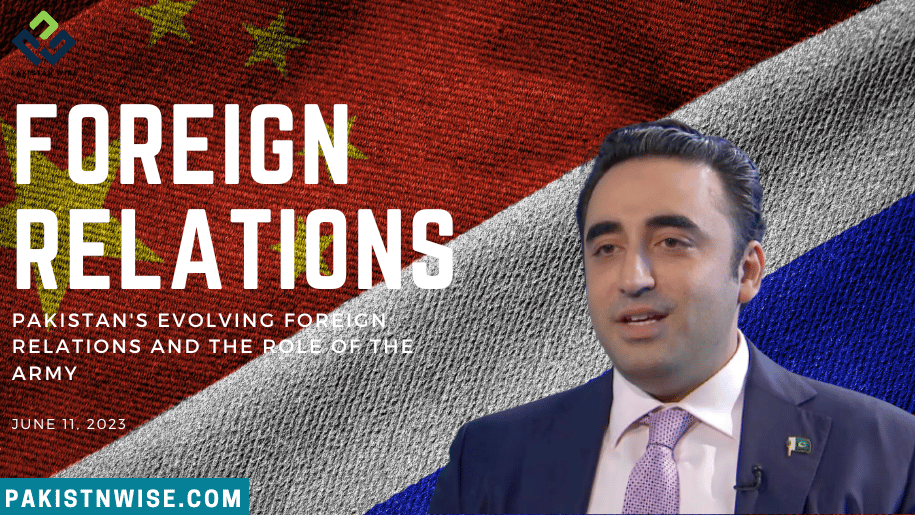Introduction
Pakistan’s foreign relations and the influence of its army have been subjects of significant debate and speculation in recent times. The country’s current government, under the new Unity party, aims to enhance relations with various nations, including Russia and China. However, the downfall of former Prime Minister Imran Khan has raised questions about the role of the army and its popularity among the Pakistani public. This article explores the current state of Pakistan’s relations with Russia and China, as well as the public perception of the army’s involvement in politics.
Relations with Russia
Under the new Unity government, Pakistan has witnessed an increased engagement with the Russian Federation. The government is committed to developing deep and meaningful relations with Russia, particularly in the economic sphere.
However, it is essential to maintain neutrality and avoid being drawn into the conflict between Russia and Ukraine. Pakistan’s approach to Russia is not a departure from the previous administration’s policies but rather a continuation of the country’s foreign policy goals.
China-Pakistan Cooperation
Pakistan has consistently sought to enhance its cooperation with China, both historically and during Imran Khan’s tenure as prime minister. This collaboration aligns with Pakistan’s foreign policy objectives and is not an anomaly.
The current government remains dedicated to strengthening ties with China, building upon the foundations laid by previous administrations. Economic cooperation is a key aspect of this relationship, which extends beyond political alliances.
Imran Khan’s Downfall and Army’s Influence
While supporters of Imran Khan may hold the view that the army played a role in his downfall, this perspective lacks a factual basis. Pakistan’s history has seen periods of military rule, and the Pakistan People’s Party, including the current Unity party, has consistently challenged such dictatorships. Imran Khan’s rise to power in 2018 was through an election that some claim was rigged in collaboration with former army officers.
Imran Khan’s rift with the army stemmed from their refusal to intervene in politics or take sides, rather than a complete withdrawal from political involvement. The majority of Pakistan’s citizens desire an apolitical army that adheres to the constitution and refrains from interfering in the country’s politics. Therefore, the army’s popularity as an institution remains intact among the general public, despite the discontent expressed by PTI supporters.
The Role of Democracy and Civilian Institutions
To address concerns about the army’s influence, Pakistan’s democratic forces and civilian institutions, particularly Parliament, must assert themselves within the country’s political landscape. Overnight changes and attacks on military institutions are not the means to achieve this goal. Strengthening Pakistani democracy requires the active participation of civilians and the democratic process.
Conclusion
Pakistan’s foreign relations continue to evolve under the new Unity government, with a focus on enhancing ties with Russia and China. While the downfall of Imran Khan has led to discussions regarding the army’s involvement in politics, it is essential to differentiate between public perception and reality. The path to a more balanced political landscape lies in strengthening civilian institutions and democratic forces, allowing Parliament to play a pivotal role in decision-making and reducing the army’s influence over political affairs. Through such measures, Pakistan can pave the way for a more robust and inclusive democracy.

